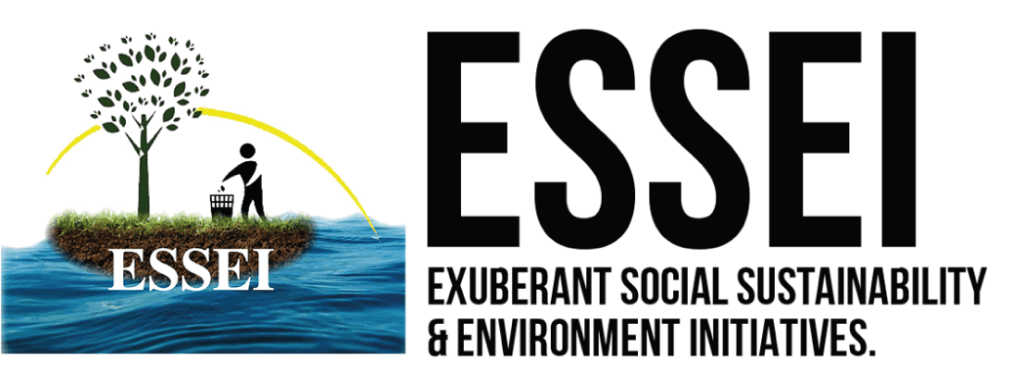Until we are all Safe, no one is Safe.
OUR OBJECTIVE
To help the disadvantaged youth and women in Uganda achieve financial independence and security by building their skills and resources to start microenterprises.
ESSEI encourages and promotes livelihood and self-sustainability for the marginalized to reduce their over dependence on donated funds and assistance for their day to day life and basic needs. ESSEI has agricultural and business start-ups programmes as some of the remarkable efforts for developing sustainability, improving household income and creating jobs in the low income communities. ESSEI anticipates making projects which will result directly in the creation of thousands of jobs and significant increases in income for the youth and women.
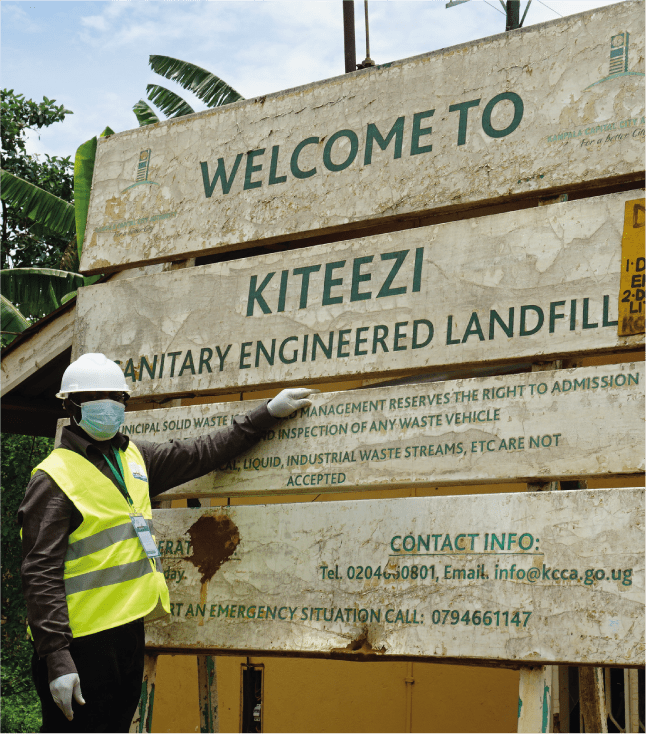
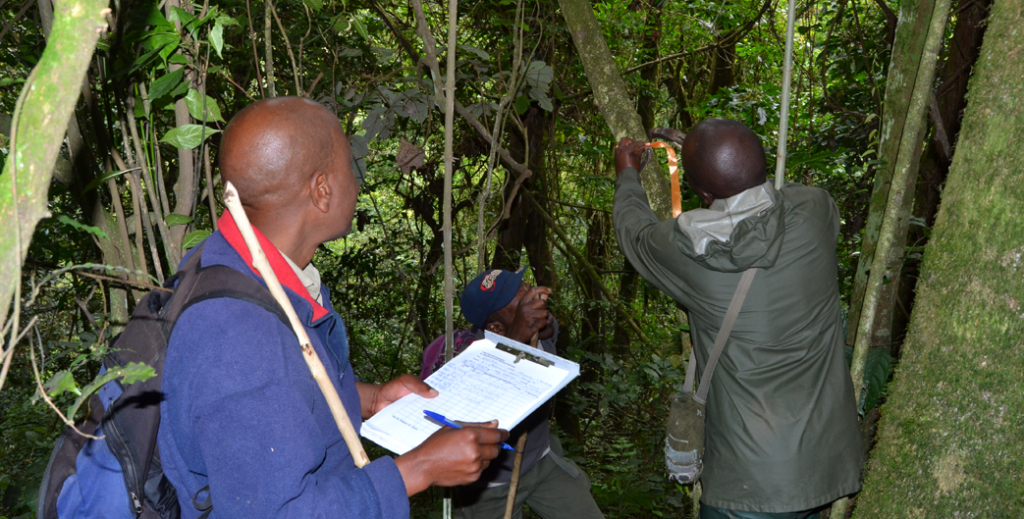
Nature is Our Home
Uganda’s biodiversity is threatened by human activities, and conservation is crucial for sustainable development. Conservation efforts could benefit the health and well-being of local communities, protect endangered species, support tourism, and enhance food security. Overall, investing in environmental conservation is critical for Uganda’s long-term sustainability.
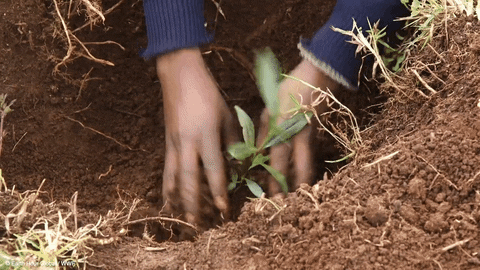
Sustainable agriculture programme.
A key component of our organization’s livelihood projects at ESSEI is sustainable agriculture. We want to encourage sustainable, profitable farming methods that are good for the environment through our sustainable agriculture campaign. As part of our responsibility, we give farmers training and resources to enhance their capacities in addition to providing them with equipment, seeds, fertilizer, and other essentials. To help farmers successfully implement sustainable agriculture methods on their farms, we also offer technical support.
Promoting crop diversity is one of the main goals of our sustainable agriculture program. We want to increase farmers’ economic stability and lessen their dependency on a single crop by encouraging them to produce a mix of crops. We also offer instruction in intercropping, which is the practice of planting two or more crops next to one another. It has been demonstrated that intercropping increases yields, boosts soil fertility, and lessens pest and disease infestations.
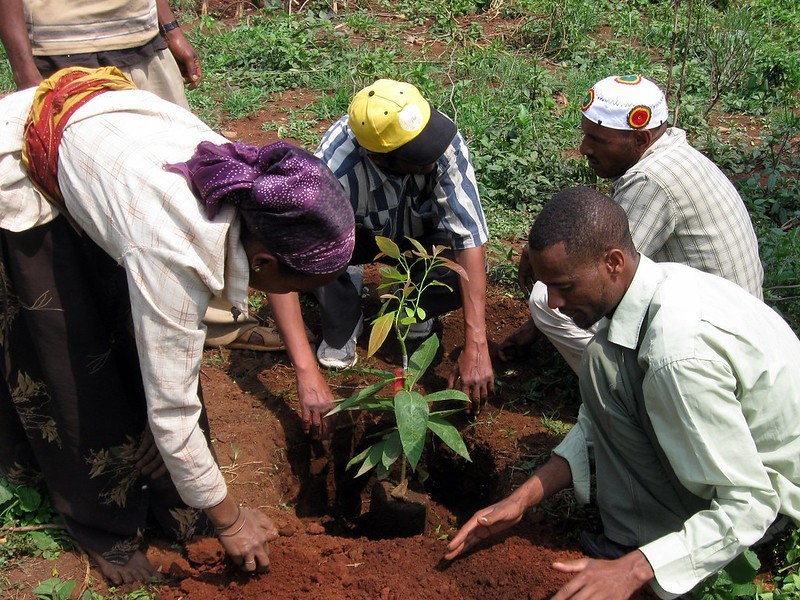
The promotion of agroforestry practices is a crucial part of our program for sustainable agriculture. This entails incorporating trees into farming systems, which offers several advantages such as increased soil fertility, increased biodiversity, and the ability to shade crops. We supply seedlings and other inputs, as well as training on how to set up and operate agroforestry systems.
The promotion of ethical livestock farming methods is another component of our sustainable agriculture program. This includes educating farmers on suitable methods for feeding, breeding, and preventing disease in animals. Small-scale dairy and poultry farms can be a useful source of income for farmers, thus we also assist in their establishment.
Our sustainable agriculture program’s overall goal is to support farming methods that are environmentally friendly, economic, and able to improve farmer livelihoods. Through our initiative, we want to help the communities where we operate achieve environmental sustainability, poverty reduction, and food security thus continuous retraining of farmers is essential for the sustainable adoption of agricultural technologies according to the research made by Ainembabazi and Mugisha (2014).
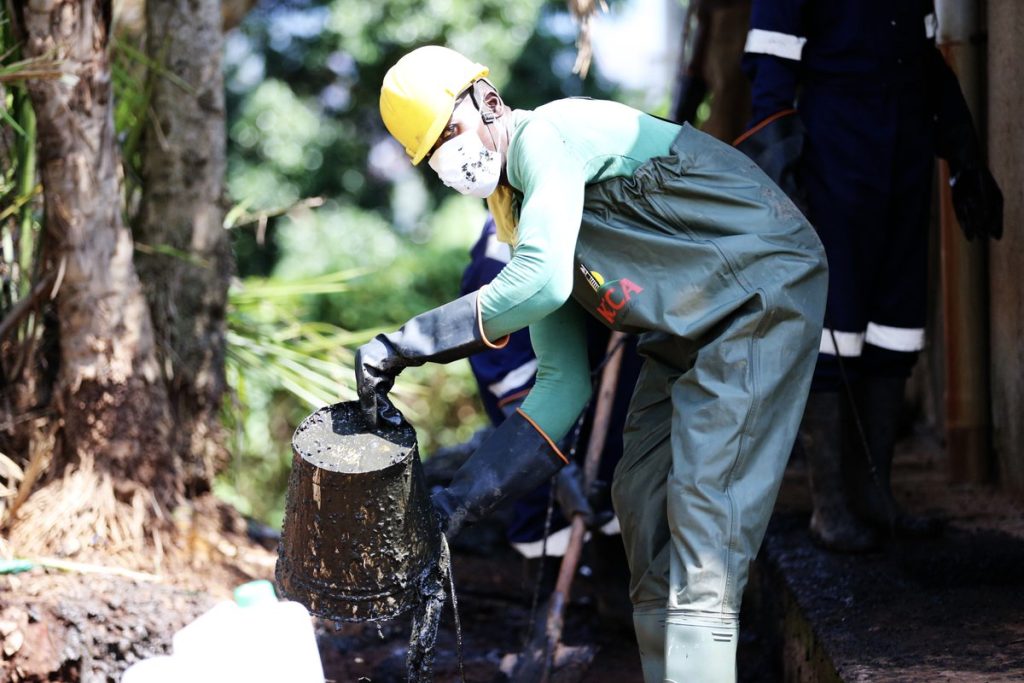
Entrepreneurship programme
For people to grow their livelihoods, they need to be able to start and maintain their enterprises. Our Organization has formed an entrepreneurial program because we understand how crucial entrepreneurship is for fostering economic growth and self-reliance. This program is made to give ambitious business owners the resources and tools they need to launch and expand their own companies.
We provide training and mentoring to people who are interested in launching their enterprises through our entrepreneurship program. We offer direction in such crucial entrepreneurial areas as business planning, marketing, financial management, and others. Our goal is to provide participants with the information and abilities they need to realize their company ideas.
We offer access to finance for new enterprises in addition to training and mentoring. Depending on the needs and resources of the entrepreneur, this cash may come in the form of grants, loans, or other forms of financial assistance. We want to remove one of the major obstacles to entrepreneurship—access to capital—by offering finance.
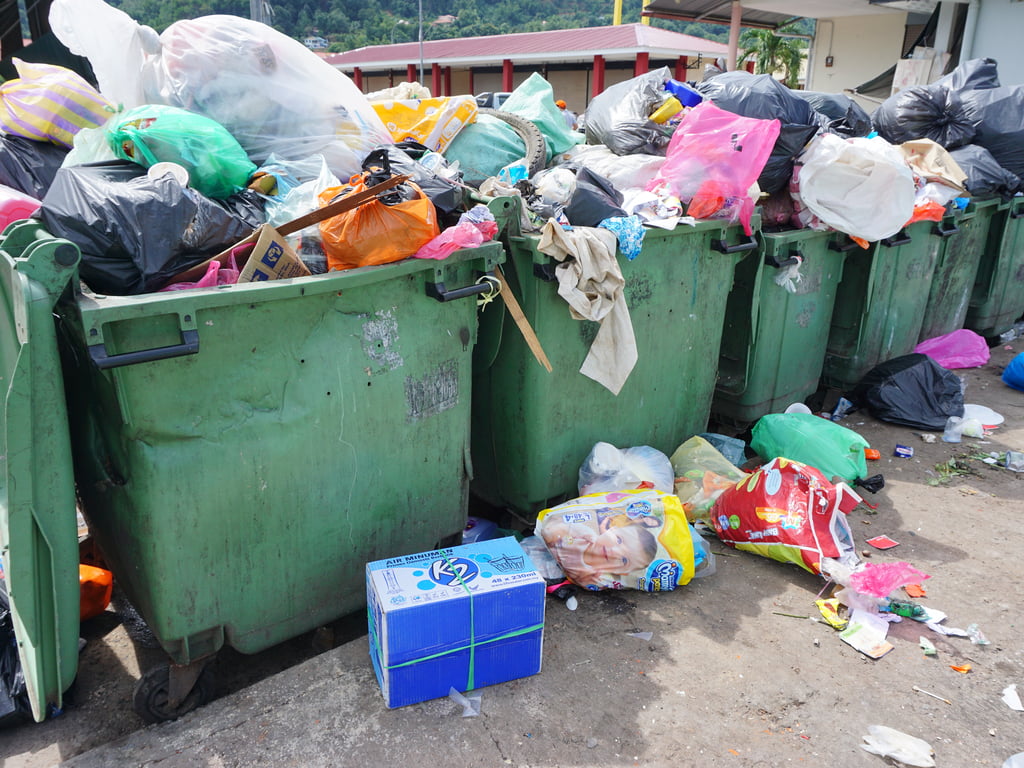
Our entrepreneurship program also offers networking opportunities so that participants can get in touch with mentors, business executives, and other entrepreneurs. Through these connections, business owners can gain access to new markets, clients, and suppliers as well as learn from those who have gone through similar experiences.
Additionally, the entrepreneurial program places a strong emphasis on the value of corporate social and environmental responsibility. We urge company owners to build enterprises that benefit not only their communities but also the environment. We think that entrepreneurship may support inclusive and sustainable economic growth by encouraging socially and ecologically responsible corporate practices.
According to the study made by Gemma and Ibrahim (2015) at least 64 percent of the total unemployed persons are youth aged 18-30 years. Our entrepreneurship program’s overall goal is to empower the youth and other people including communities to develop their paths to prosperity and to advance inclusive and sustainable economic growth. We are dedicated to assisting entrepreneurs who are striving to create a better future for themselves and their communities because we believe that entrepreneurship can be a potent weapon for reducing poverty.

Sensitization on commercial farming
The Uganda Bureau of Statistics (UBOS), estimates that about 70% of Uganda’s working population is employed in agriculture however, it is not clear how many of these practice commercial farming. Commercial farming can be an income-generating business, but success takes knowledge, expertise, and money. ESSEI prioritizes commercial farming sensitization workshops as the first step in creating a sustainable future for small-scale farmers since we are aware of the difficulties small-scale farmers encounter while making the switch to commercial farming.
We want to expand people’s understanding of the advantages of commercial farming, such as higher incomes, greater food security, and better quality of life, through our sensitization campaign. To help farmers make the move to commercial farming, we offer them useful advice and resources on topics like choosing the correct crops, controlling pests and diseases, and finding funding and markets.

Our sensitization program aims to provide farmers with the tools they need to participate actively in the business of farming. To improve their ability to run their farms more effectively and efficiently, we urge farmers to take part in decision-making, problem-solving, and learning opportunities.
The development of a favorable environment for industrial farming is another key component of our organization. To develop policies and initiatives that support the expansion of commercial farming, we collaborate closely with regional governments, financial institutions, and other stakeholders. To encourage information sharing and group action, we also help farmers network and collaborate.
At ESSEI, the ultimate goal of our commercial farming awareness program is to turn small-scale farming into a successful and long-lasting industry. We think small-scale farmers can make a significant contribution to local food security and economic growth by being given the right information, training, and tools
